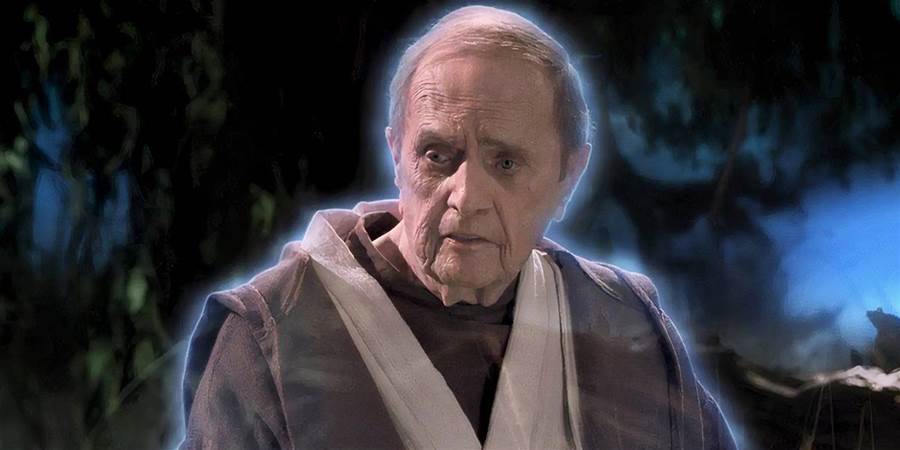
Power Law 5 in the Wire: Robert Greene's 48 Laws of Power
In the article titled "Power Law 5 in the Wire: Robert Greene's 48 Laws of Power," the main idea examines how the acclaimed television series "The Wire" aligns with and exemplifies the fifth law of power from Robert Greene's book, "48 Laws of Power." The law in question is known as the "Law of Reputation" and emphasizes the importance of carefully managing one's image and reputation to navigate the complex arena of power dynamics.
"The Wire," created by David Simon, is renowned for its realistic portrayal of the intricate web of power and corruption within various institutions of Baltimore society.
The "Law of Reputation" states that individuals should guard their reputation meticulously, as it influences how others perceive them and ultimately affects their ability to wield power. The article highlights how the characters in "The Wire" adhere to this law and how their reputation, or lack thereof, impacts their position in the power hierarchy.
One character examined in detail is Marlo Stanfield, a ruthless and ambitious drug lord. Marlo is portrayed as meticulously maintaining his reputation by projecting an aura of invincibility and ruthlessness.
Similarly, the infamous gangster Omar Little also exemplifies the "Law of Reputation" in "The Wire." Omar leverages his reputation as a legendary and fearless robber to strike fear into the hearts of his adversaries. By carefully cultivating his image as an unstoppable force, Omar gains a considerable amount of power and respect on the streets of Baltimore.
The "Law of Reputation" is also evident in the actions of Stringer Bell, a highly intelligent entrepreneur navigating the worlds of drugs and real estate.
However, the article also explores instances where characters in "The Wire" disregard the "Law of Reputation" and suffer the consequences. For instance, Tommy Carcetti, a politician driven by ambition, becomes entangled in scandals that tarnish his reputation and hinder his ascent to power.
In conclusion, "The Wire" effectively portrays the themes and principles of power dynamics, particularly the "Law of Reputation" from Robert Greene's "48 Laws of Power." The series illustrates how meticulously managing one's reputation can serve as a potent tool in gaining and maintaining power. Furthermore, it highlights the potential downfall that can arise from neglecting this crucial aspect of power relationships.



















